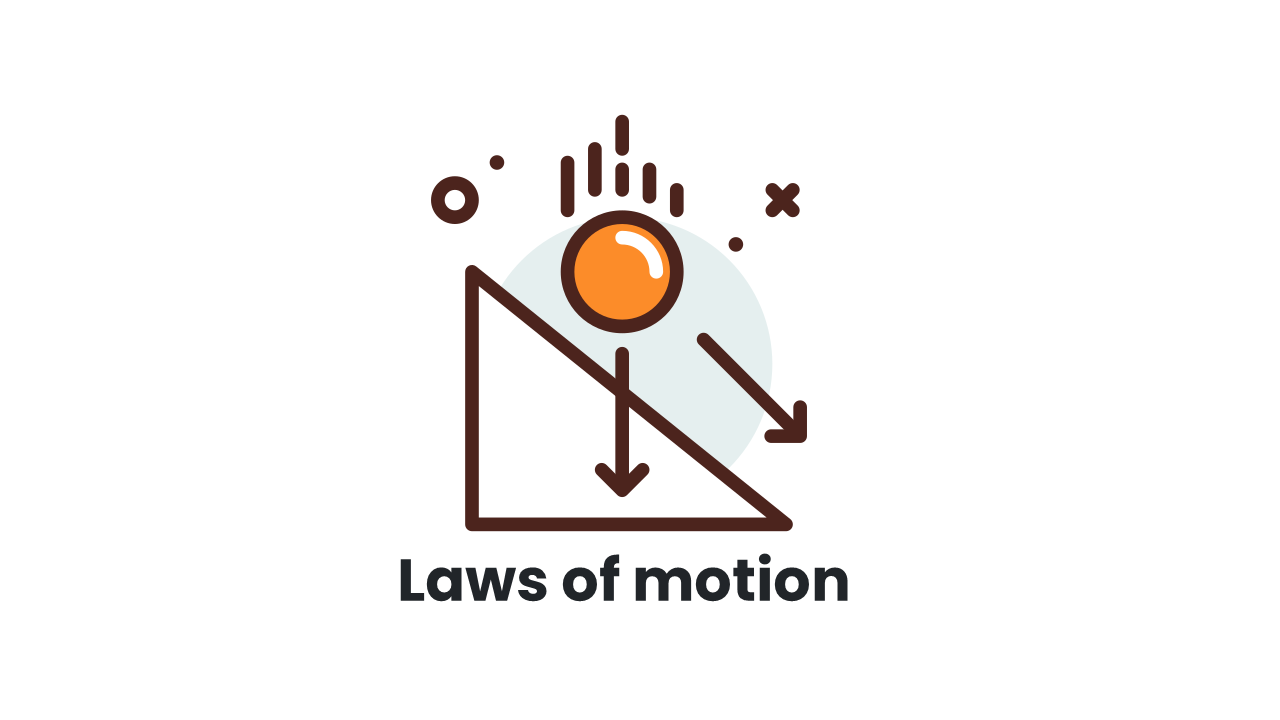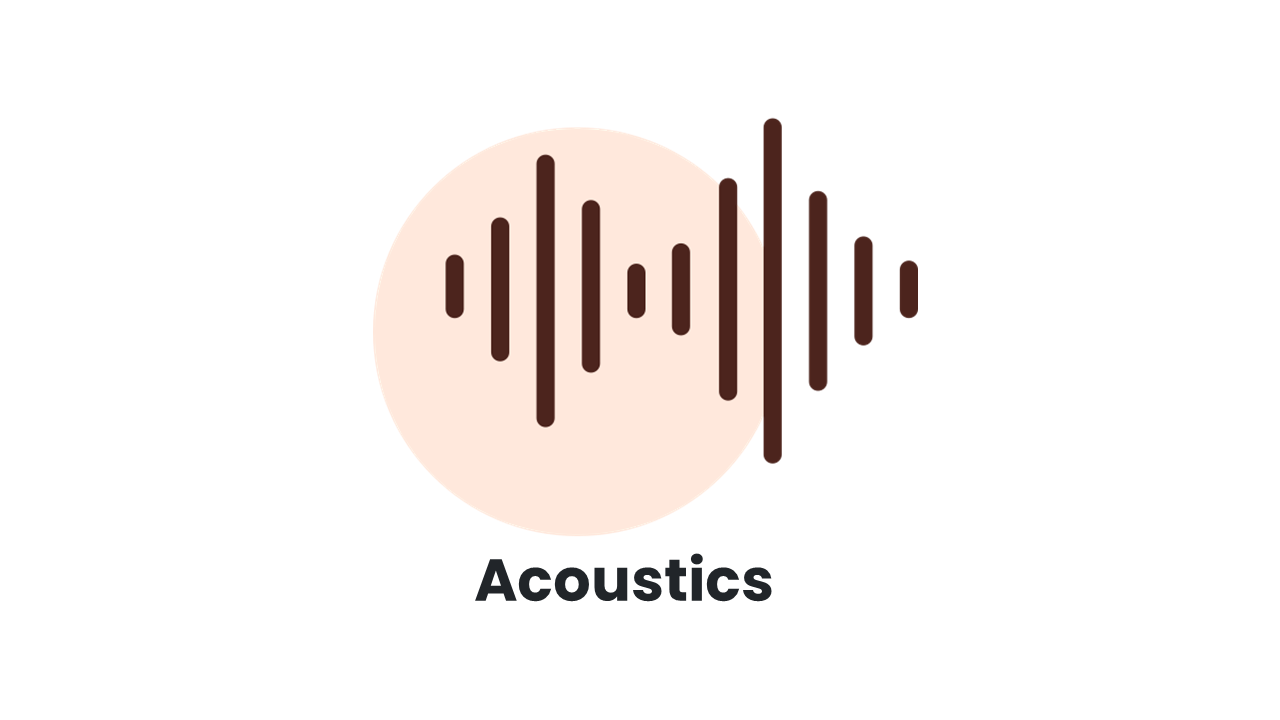- A Transverse waves
- B Longitudinal waves
- C Electromagnetic waves
- D None of the above
Answer:
B
Sound waves are longitudinal waves that involve the displacement of particles in the medium parallel to the direction of wave propagation.
 Laws of motion
Laws of motion .jpeg) Optics
Optics  Acoustics
Acoustics